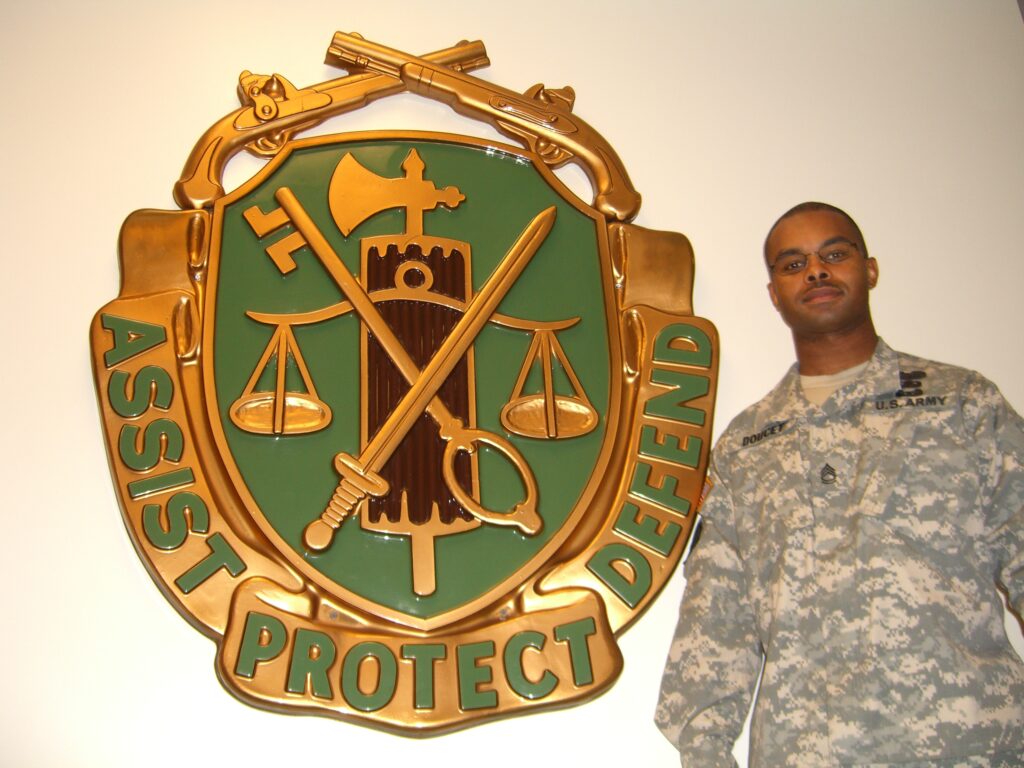Retired General Stanley McChrystal (best known for his command of Joint Special Operations Command in Iraq) wrote a book called Team of Teams: New Rules of Engagement for a Complex World in which he emphasized that we live in "a rapidly changing world, marked with increased speed and dense interdependences, meaning that organizations everywhere are now faced with dizzying challenges, from global terrorism, health epidemics, supply chain disruptions to game-changing technologies."
Therefore, leaders who assume they already know everything they need to know set themselves and their organizations up for failure. Yet, everyone has their strengths and weaknesses, but as a leader, building a team around your weaknesses can be a plus in achieving organizational success.
We all know the quote that says, "if you're the smartest person on your team, find a new team," or "if you're the smartest person in the room, you're in the wrong room."
First and foremost, leaders need to understand that not being the smartest person on the team doesn't mean you're the dumbest person on the team. In fact, it's the understanding or belief that you don't believe you're the smartest person on the team. Let's just say you dropped your ego.
Even so, how many leaders are willing to acknowledge their weaknesses? Can the leader look themselves in the mirror and say, "I am holding my team back?"
Are you giving the right guidance and directions to your team? What is the right guidance?
It's very easy to acknowledge that you are not the smartest person on the team, but are you as the leader (person in charge of the project or operation) holding yourself accountable?
As a leader, did you do your homework?
That is, did you study the necessary materials to make the right decisions that are required for mission success? Or, did you sit back and say, "well, my teams got it, and I trust them?" Trust, but verify, right?
Yet, effective leaders know when to delegate authority, support their subordinates' decisions, and hold them accountable for their actions.
Nevertheless, effective leaders are self-aware about their strengths and limitations in which they are lifelong learners. They are willing to maintain self-discipline, physical readiness, and mental toughness.
Effective leaders continuously seek out further education and training opportunities beyond their career fields. This reflects the intellectual curiosity that most effective leaders understand, that being prepared for unexpected situations and/or challenges they may face in the future.
As leaders assume levels of greater responsibility, the problems they face and decisions they make will become more complex. These decisions will also affect the communities they serve and the operational environment.
Take these actions to become a lifelong learner.
- Have a plan.
- Focus on achievable goals.
- Make time to study.
- Absorb new information.
- Apply what you have learned.
As a leader, how are you continuing to develop yourself?


One thing I have always talked about, is that decisions have consequences, good or bad! Remember, We Do, We Fail, We Learn!
Thanks Brad, I appreciate the feedback.
It’s not the decision that you have to live with, its the consequences.